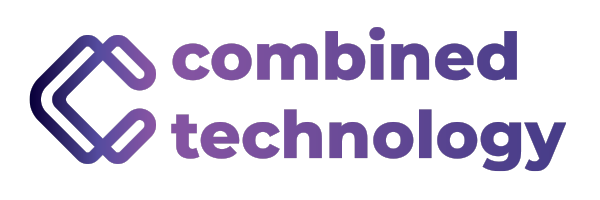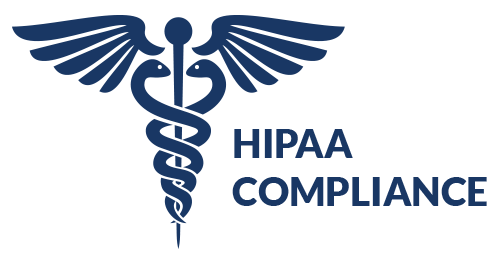1. Data Encryption and Secure Access
HIPAA requires that all electronic Protected Health Information (ePHI) is properly secured. That means data must be encrypted whether it’s being stored or transmitted. Managed IT ensures:
- End-to-end encryption for emails, files, and backups
- Role-based access control, so only authorized staff can view or edit patient records
- Secure VPNs and multi-factor authentication for remote access
This helps prevent unauthorized access while keeping systems user-friendly for your staff.
2. 24/7 Monitoring and Threat Detection
Cyber threats don’t take days off—and neither should your IT security. Healthcare data is a high-value target for hackers, and even small clinics are at risk. With managed IT, you get:
- Around-the-clock monitoring of networks and systems
- Immediate alerts for suspicious activity
- Automated defenses like firewalls, anti-malware, and intrusion detection
These tools help clinics stay one step ahead of potential breaches.
3. Automated Backups and Disaster Recovery
Data loss—whether from a cyberattack, hardware failure, or natural disaster—can be devastating for a healthcare provider. HIPAA requires providers to have a data backup and recovery plan in place. Managed IT providers support this by:
- Scheduling frequent, encrypted backups
- Storing backups off-site or in the cloud
- Creating detailed disaster recovery protocols to minimize downtime
This ensures your clinic can bounce back quickly and continue serving patients. Looking for a real-world breakdown of how Managed IT Services directly support HIPAA compliance? Be sure to check out our in-depth post on how managed IT services ensure HIPAA compliance.
Uncertain about which IT service model fits your business best?
Our team is here to help you navigate the options and answer all your questions so you can make the best decision for your business. Get in touch for a free assessment today!
4. Regular Security Audits and Compliance Reporting
HIPAA and HITECH compliance isn’t a one-and-done task—it’s an ongoing responsibility. Clinics need to regularly assess their security measures and prove compliance if audited. A good IT partner helps by:
- Performing routine security risk assessments
- Documenting policies, procedures, and compliance status
- Providing detailed reports to support audits or inspections
This keeps you compliant, prepared, and ahead of potential penalties.
5. Staff Training and Ongoing Support
Human error is still one of the biggest risks to data security. Whether it’s opening a phishing email or misplacing a device with ePHI, mistakes can happen. Managed IT support includes:
- Staff training on cybersecurity and HIPAA best practices
- Policies for mobile device use and secure communication
- Responsive support for day-to-day tech challenges
Empowering your team is just as important as securing your systems.
Final Thoughts
Staying compliant with HIPAA and HITECH doesn’t have to overwhelm your clinic. With the help of Managed IT Services, you can build a secure, compliant, and efficient technology environment that protects both your patients and your practice. Need help navigating HIPAA compliance? Contact Combined Technology today to learn how we help Oklahoma clinics stay secure and compliant with less stress and more confidence. Learn more about our IT managed services for healthcare organizations.
Get in Touch with Us

Safeguard Your Business with Tulsa's Top Managed IT Provider
At Combined Technology, we provide a flexible, tailored approach to meet your evolving IT needs. Safeguard your business against emerging threats with our expert-managed IT services and customized cybersecurity solutions.





